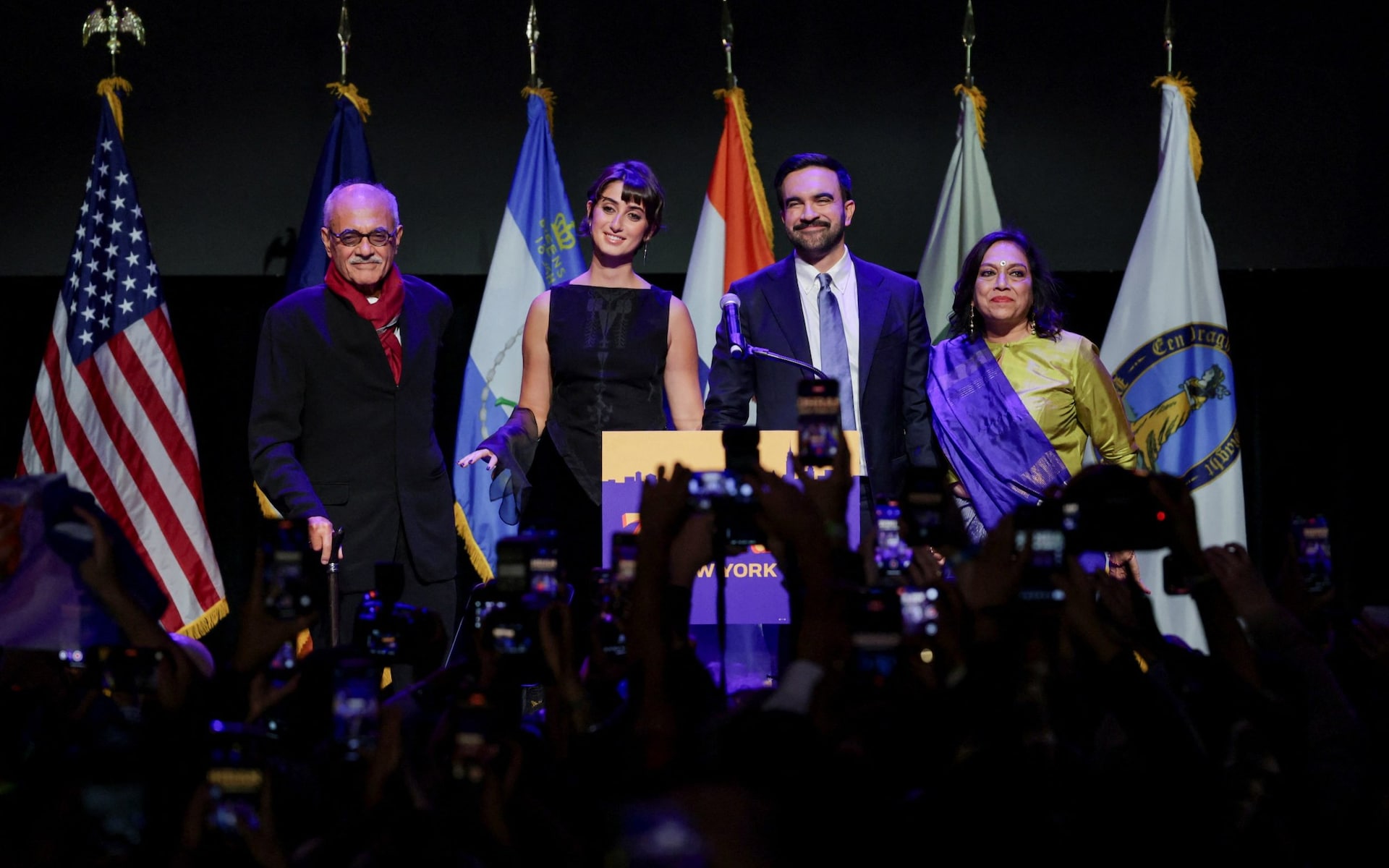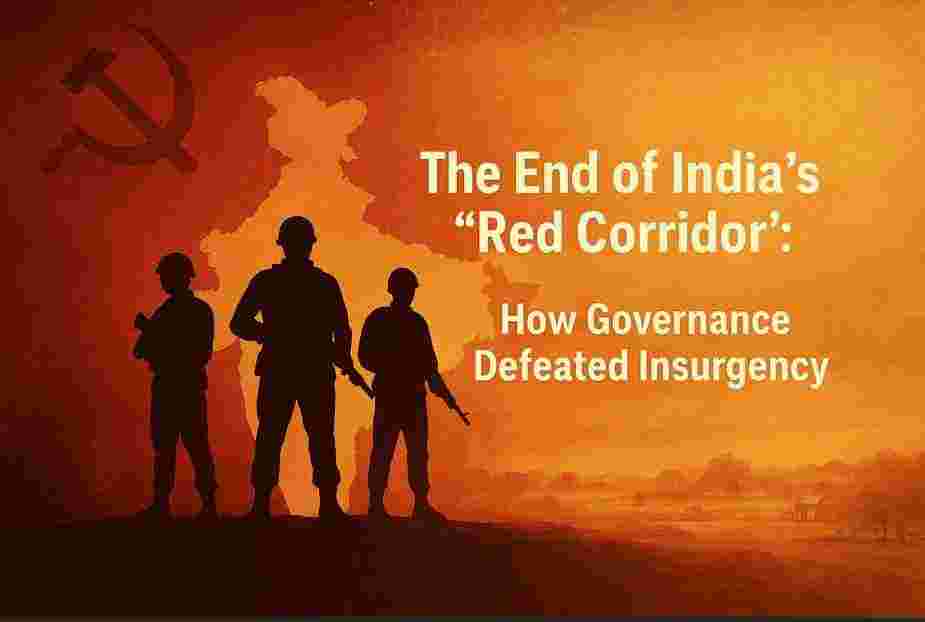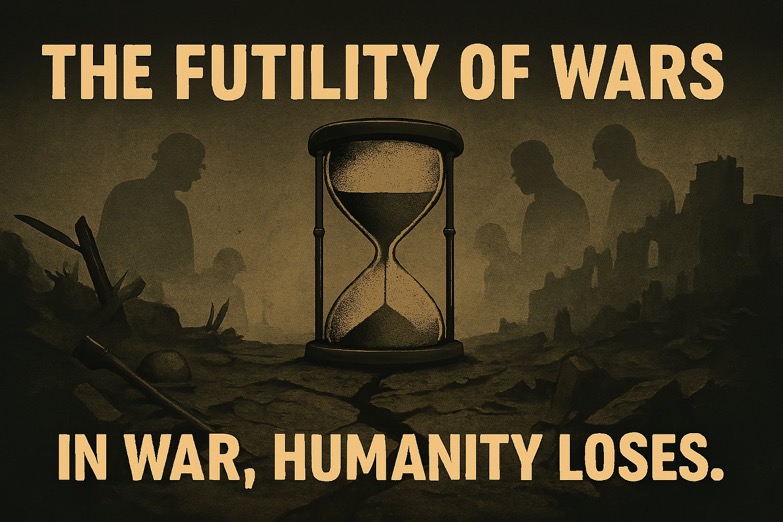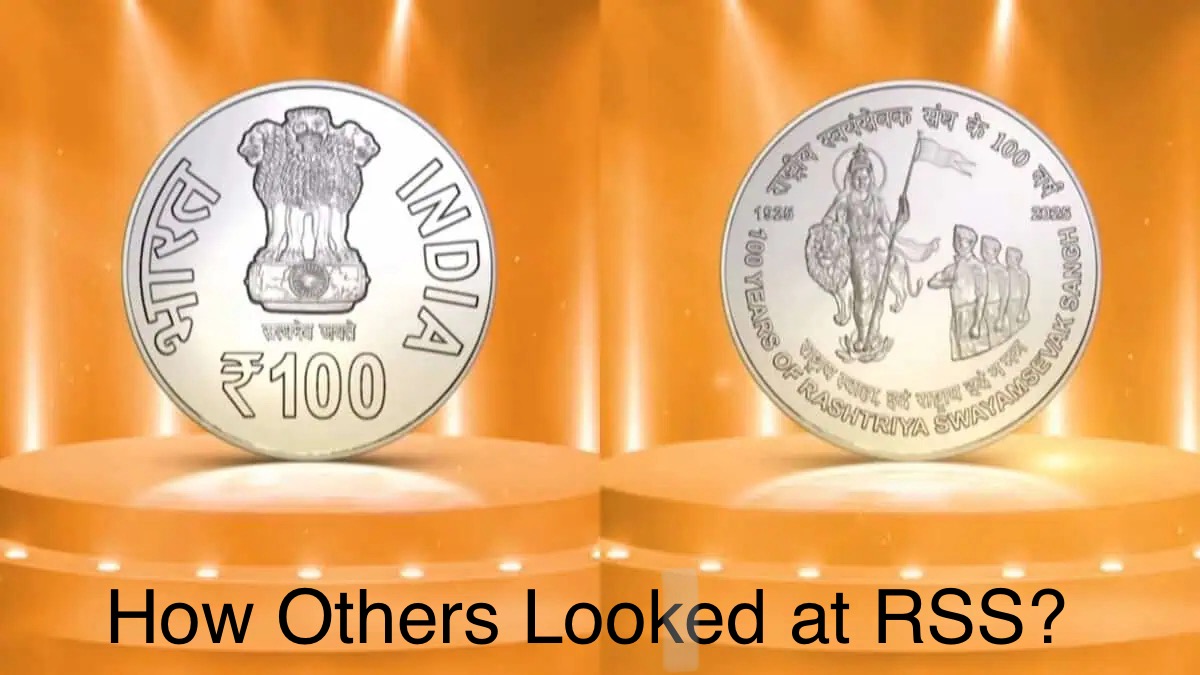
The election of Zohran Mamdani as New York City’s new mayor marks a historic but divisive moment in American urban politics. His rise was predicted long before election day, propelled not by a record of pragmatic governance but by the polarizing identity politics and ideological posturing that defined his campaign.
In his victory speech, Mamdani struck a defiant tone — challenging former President Donald Trump and declaring, “I am a Muslim, and I am not apologetic about my identity.” His words reflected the dual forces behind his rise: a confident assertion of personal faith and a confrontational brand of politics that has as many critics as it has admirers.
A Campaign Built on Provocation
Mamdani’s campaign was anything but conventional. It channeled international grievances into local discourse, merging New York’s progressive activism with a combustible mix of ideological battles from abroad.
At a town hall earlier this year, Mamdani called Indian Prime Minister Narendra Modi a “war criminal”, alleging that his leadership during the 2002 Gujarat riots led to the “mass slaughter” of Muslims — even claiming that “we don’t even believe there are Gujarati Muslims any more.” The statement sparked outrage in India and among Indian-Americans, who pointed out that millions of Muslims continue to live in Gujarat, comprising roughly 10% of the state’s population.
The controversy deepened when footage resurfaced from a 2020 protest in Times Square, where demonstrators opposing the construction of the Ram Mandir in Ayodhya shouted anti-Hindu slogans. Mamdani, present at the event, remained silent while condemning the temple project as “a symbol of Hindutva extremism.” His silence in the face of hateful rhetoric was seen by many as tacit endorsement, further cementing his image as a politician comfortable with division.
Critics across communities denounced his rhetoric. Assemblymember Jenifer Rajkumar called Mamdani’s remarks on Modi “fostering anti-Hindu sentiment” at a time when the city should be focused on issues like housing affordability and crime. Indian-American writer Indu Viswanathan described his politics as “frustrating and polarizing,” accusing him of importing foreign conflicts into New York’s civic life. Social media amplified the backlash, with some labeling him a “terror sympathizer” — a reflection of just how sharply his words divided public opinion.
Global Battles, Local Consequences
Mamdani’s confrontational style extends beyond South Asian politics. He has publicly referred to Israeli Prime Minister Benjamin Netanyahu as a “war criminal” and defended the slogan “Globalize the Intifada” as a call for equality — language that drew criticism from Jewish organizations concerned about the normalization of violent rhetoric.
Taken together, these moments reveal a pattern: Mamdani sees New York not merely as a city to govern, but as a stage for global ideological battles. His detractors argue that this approach transforms local governance into performance — that New York needs a builder, not a protester.
With the city grappling with rising crime, a housing crisis, and infrastructure strain, the question remains: can a politician defined by confrontation pivot toward coalition-building and practical leadership?
The Influences That Shaped Him
Born in 1991 in Uganda, Zohran Mamdani’s worldview has deep roots in his family’s intellectual and activist lineage. His father, Mahmood Mamdani, is a Ugandan-born academic of Indian descent and a professor at Columbia University, known for his work on colonialism, identity, and power. Mahmood’s scholarship has been influential but controversial. He has suggested that “Britain had a Nazi streak,” argued that Hitler drew inspiration from America’s treatment of Indigenous peoples, and contended that U.S. foreign policy, not religion, lies at the root of modern terrorism.
His 2004 book, Good Muslim, Bad Muslim, posited that American geopolitical actions during the Cold War fostered Islamic extremism — a thesis many found provocative.
Mamdani’s mother, Mira Nair, is an acclaimed Indian-American filmmaker known for works such as Mississippi Masala and The Reluctant Fundamentalist. Her films often explore themes of race, identity, and belonging, and she too has courted controversy — notably declining to attend the Haifa International Film Festival in protest of Israel’s policies, saying she would visit only when “the state doesn’t privilege one religion over another.”
Growing up in such a household, Zohran absorbed politics as part of daily life. He recalls attending marches and protests with his parents, including anti-war demonstrations and lectures steeped in Marxist and postcolonial thought. It is no surprise, then, that his political views echo his parents’ activism — anti-imperialist, anti-establishment, and deeply skeptical of Western power structures.
Election Context: A Broader Democratic Surge
Mamdani’s victory came amid a strong showing for the Democratic Party nationwide in the 2025 off-year elections.
In Virginia, Democrat Abigail Spanberger defeated Republican Winsome Earle-Sears with roughly 57% of the vote, becoming the state’s first female governor. In New Jersey, Mikie Sherrill triumphed over Jack Ciattarelli with a comfortable margin. Democrats also expanded their control of Virginia’s legislature and captured key statewide offices — a decisive sign of momentum heading into the next national cycle.
Republicans, meanwhile, are reckoning with their worst off-year performance in years. The prolonged government shutdown, hardline anti-immigration stance, and tariff-driven inflation all contributed to public frustration. In cities like New York, where affordability remains the top issue, Republican candidates struggled to connect, allowing progressive Democrats like Mamdani to capitalize on voter discontent.
The Meaning of the Mamdani Moment
Zohran Mamdani’s rise embodies the shifting dynamics of American urban politics — where identity, activism, and ideology increasingly define leadership. To his supporters, he represents a moral voice unafraid to challenge entrenched powers. To his critics, he is a symbol of performative politics and imported polarization.
Whether he can transition from protest to policy, from rhetoric to results, remains to be seen. New York’s challenges — affordability, safety, infrastructure — demand pragmatism over partisanship.
Mamdani’s victory is both a reflection and a test of America’s political mood: a city that prides itself on diversity has chosen a leader who personifies both its complexity and its contradictions. His success suggests that in today’s politics, conviction can triumph over caution — but governance will demand something far greater.



